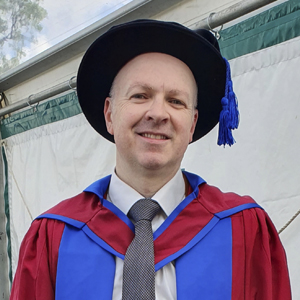Key Features
Structured part-time route, tailored to working professionals
Opportunities to conduct exciting research
Supervision and support from expert academic staff
Designed for both current and future educators
Optional modules which allow you to tailor your qualification






